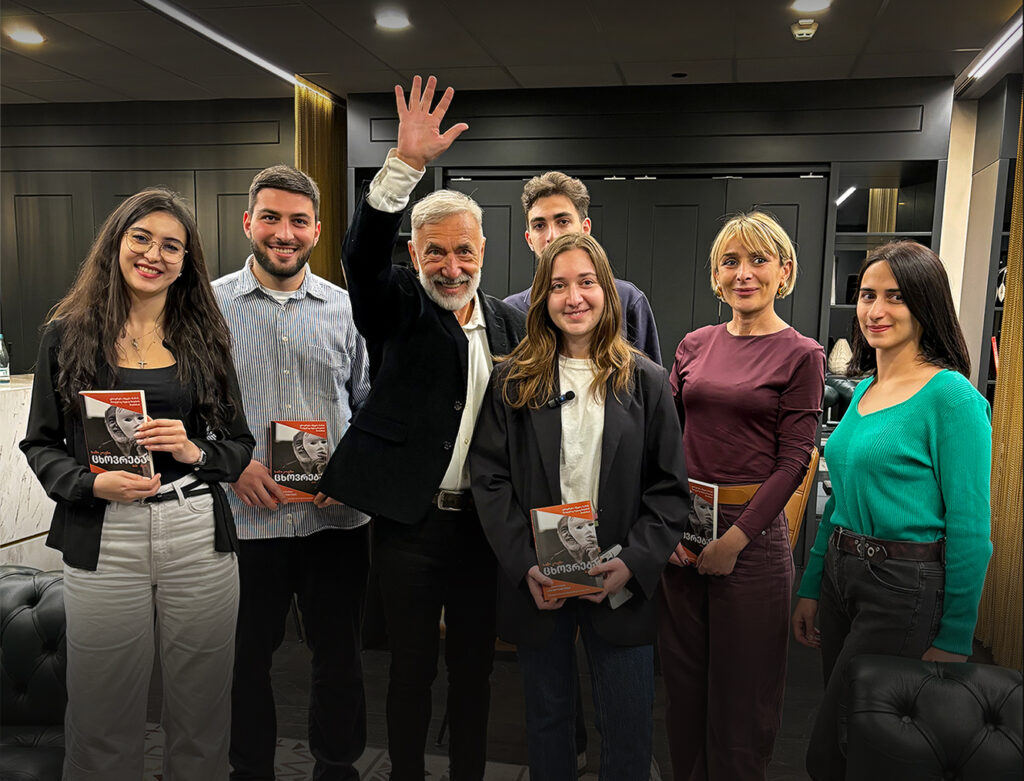Sakcable, a leading company in Georgia’s cable industry, has signed a memorandum of cooperation with College Spectri to support vocational education and employment. The agreement was formalized by Sakcable’s Managing Director, Davit Kapanadze, and College Spectri’s Director, Mate Takidze.
Through this partnership, Sakcable will host College Spectri students for educational visits to its manufacturing facility, providing them with firsthand exposure to the cable production process. This initiative will allow students to gain practical experience in a real work environment, deepening their understanding of production technologies. Additionally, top graduates specializing in electrical studies will have the opportunity to secure employment at Sakcable.
At the same time, Sakcable employees will be able to enhance their qualifications and receive retraining through College Spectri’s vocational education programs in fields such as electrical engineering, welding, electromechanical welding, and more.

“Built on mutual knowledge sharing, the partnership between Sakcable and College Spectri aims to strengthen the electrical sector by fostering a skilled workforce. As industry demands continue to grow, the availability of qualified professionals in the local market becomes increasingly crucial. We are excited to collaborate with our partner in advancing professional skills within the electrical sector. Through this initiative, we believe many young individuals will develop into highly skilled professionals, contributing to the growth of the cable industry and the broader infrastructural development of our country,” said Davit Kapanadze, Managing Director of Sakcable.
For 67 years, Sakcable has maintained its position as a leader in the local market, offering around 2,000 cable and electrification-related products. The company’s CE-certified products meet European health, safety, and environmental protection standards, enabling free trade across the European market. A key focus for Sakcable remains the diversification of export markets and the promotion of import substitution within the Georgian economy.








